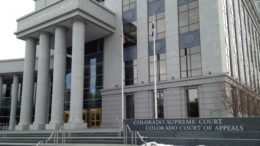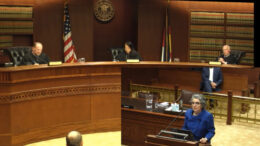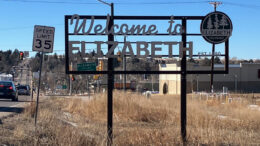Court of Appeals: City’s draft financial report is a public record under CORA
The draft of an annual financial report prepared by Durango city officials for later submission to the state auditor is not exempt from public disclosure under the work product provision of the Colorado Open Records Act, the Colorado Court of Appeals decided.








